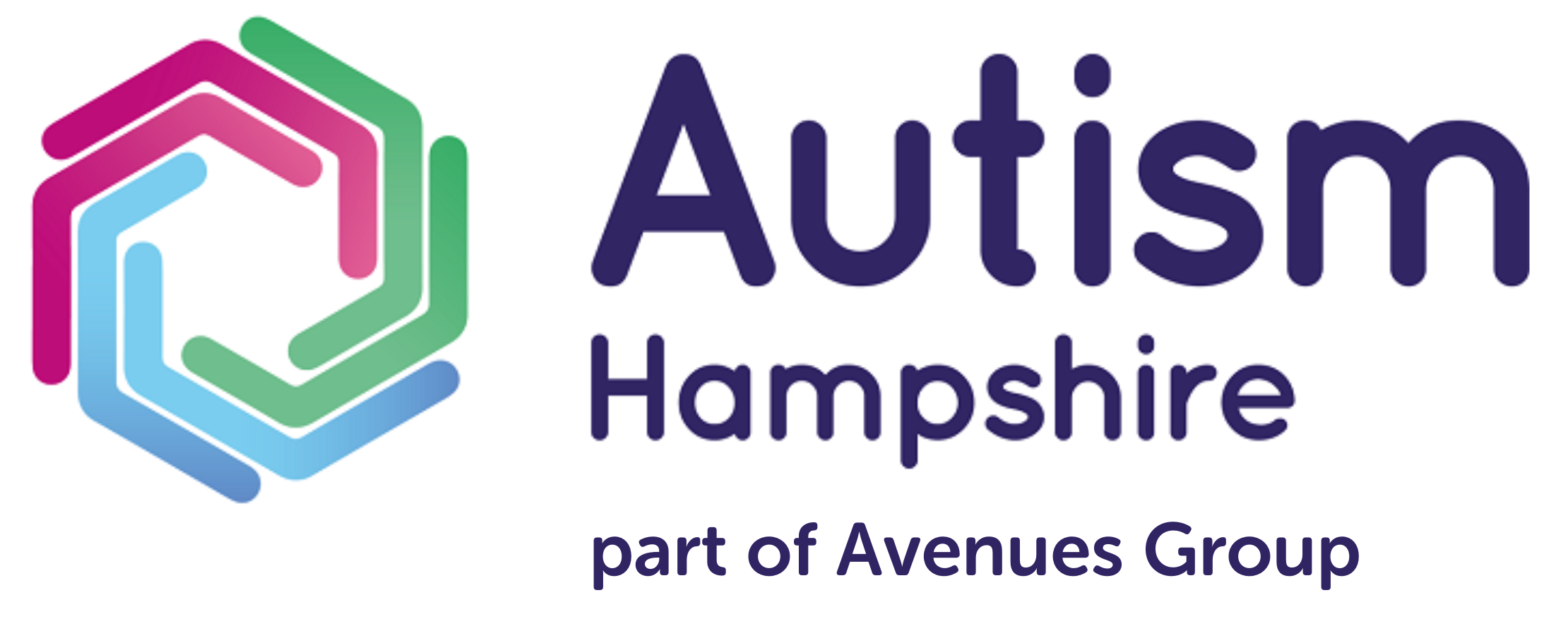How to create autism friendly classrooms using strategies that help all pupils
We are very pleased that David Burns (MBE), a key speaker for Autism Hampshire, has shared his booklet with us - How to create autism friendly classrooms using strategies that help all pupils. David explains why he developed this useful resource for schools:
Not long ago I spoke with a parent whose child refused to go to school because he was so unhappy trying to cope with adapting to a system. He had an autistic mind and although he was academically able, he found the environment of school difficult to navigate. To explore options the mother had asked him what his idea of a perfect school would be. The conversation ended when he replied in no uncertain terms, “To be home-schooled!”
At first glance it looks like this was a clever answer to avoid exploring a valid question about all the things he might like at school that would help him and the parent could be forgiven for thinking the discussion and conversation ended with her son’s straight answer. He was just too intelligent and could outsmart her questioning. So why bother asking next time?
However, if we remain inquisitive there’s more to this answer than first appears. In fact, it’s very insightful. You see, her son wanted school to be like home. Now that’s a huge clue to what he felt he needed but couldn’t quite articulate. So, what would it be like if school was like home?
Just as with homes, the environment and culture will differ from one school to another. Also, every family makeup is varied and it’s no different for schools. There are able and disabled children. There are those with and without special needs. There are those who love practical tasks and those who enjoy academic challenges. Normal is that we are all different.
Consequently, this booklet is a little different. I know the title might suggest we need to look at autism and understand it and try and work out special strategies for certain children. But here’s the surprise - I know we’re not all health professionals to understand all the various text book descriptions of ‘conditions’ or ‘disorders’ so we need something for everyone. (By the way, many autistic people don’t think they have a condition or disorder – we have autistic minds which means we connect with the world a little differently and one autistic person is different to another.)
The ideas and strategies I have chosen to share have been borne out from real experience. Since I am autistic I can share ‘from the inside’ what would have supported me as a child and teenager to navigate the education system because going to school was most traumatic. The process of coping with the enormous change in my surroundings and learning new unspoken rules caused me, and many others, great anxiety. What would have been useful? How can we help?
This is actually quite easy because we can adopt strategies in mainstream schools that help all children as well as those who are autistic. We don’t have to become autism experts on day one – just
understand what will help and apply it to all. Many children won’t even have a diagnosis when we meet them but that doesn’t make them less autistic or afraid. Our opinions as to whether a child is autistic or not are just that – opinions. What we actually need to do is unconsciously support them by default by applying strategies for the whole class.
This booklet is a starting place and presents such a list of strategies for all children. They will, by default, help those with autistic minds as well as everyone else. We don’t have to learn a whole set of separate ideas to apply to certain pupils – they’ll benefit everyone.
How good is that?
To read David Burn's booklet download the pdf below.
